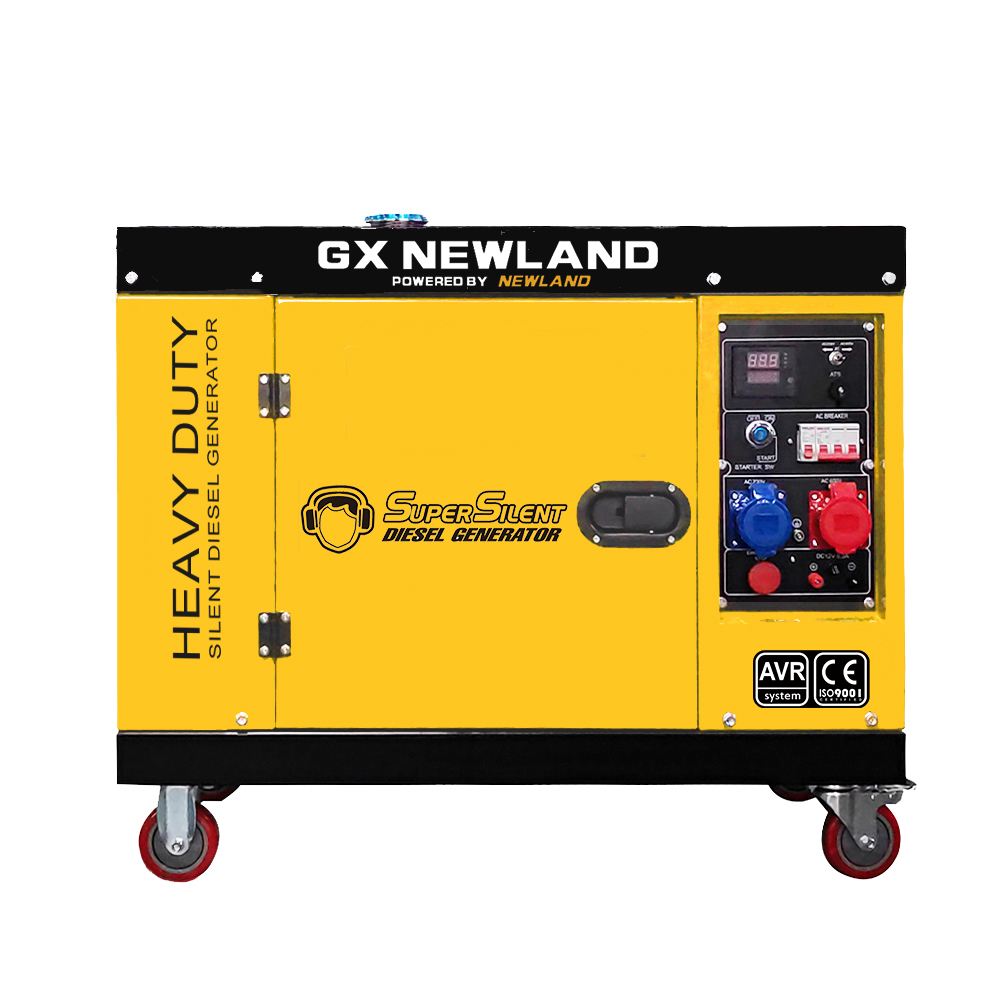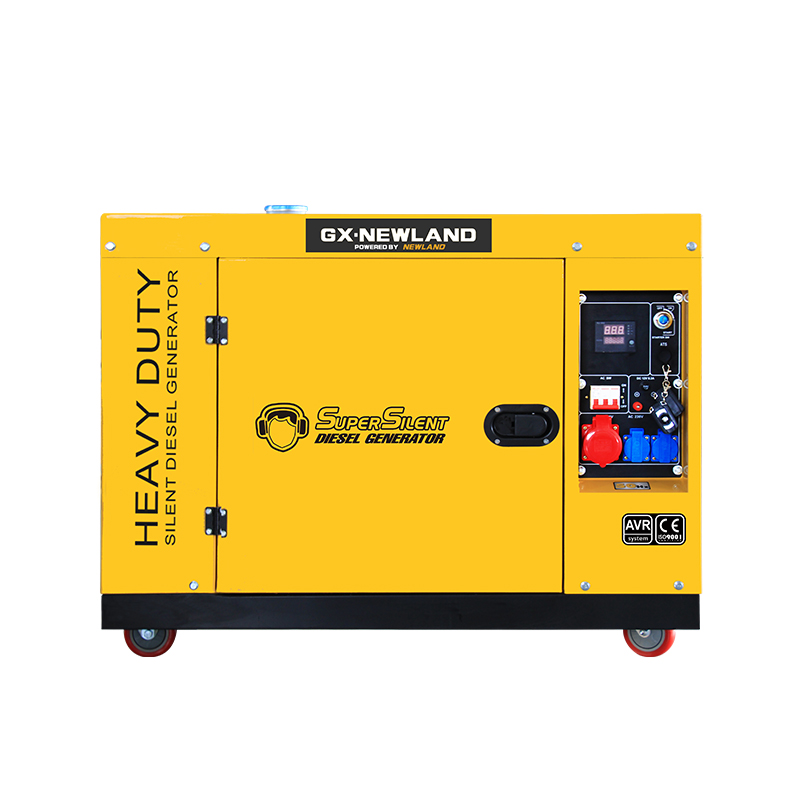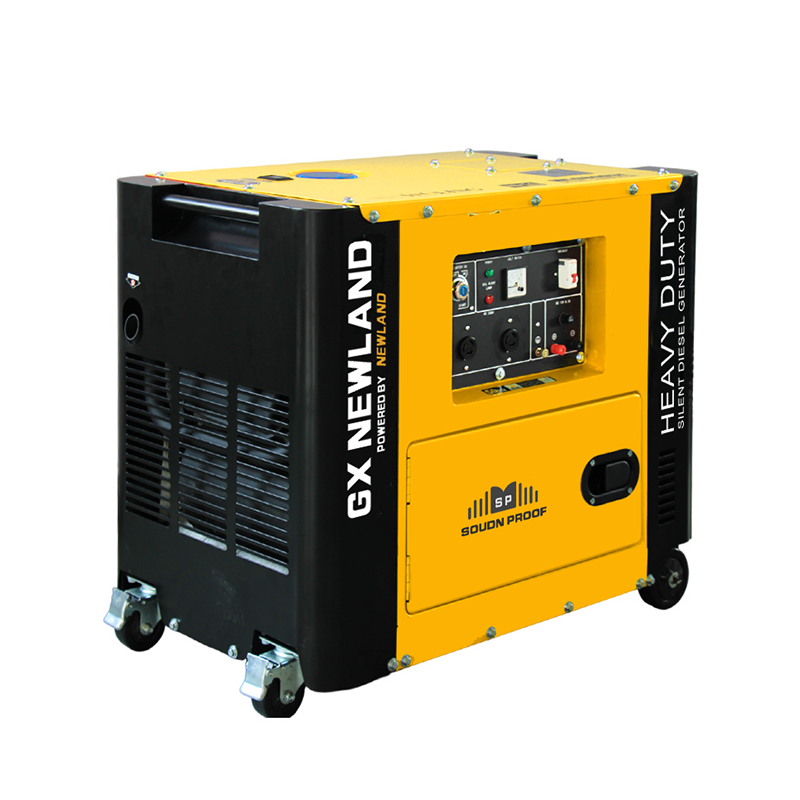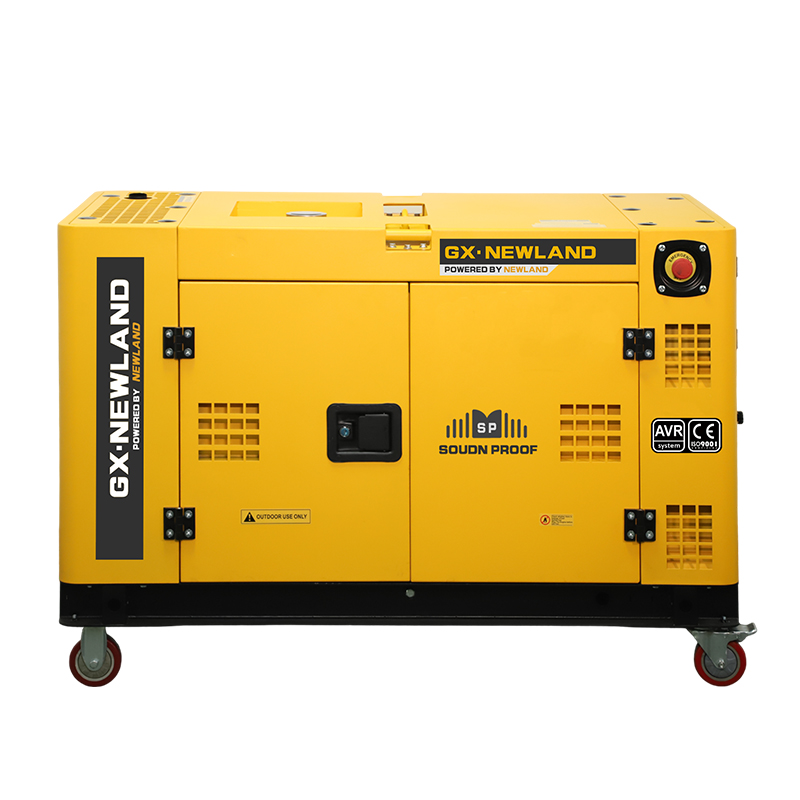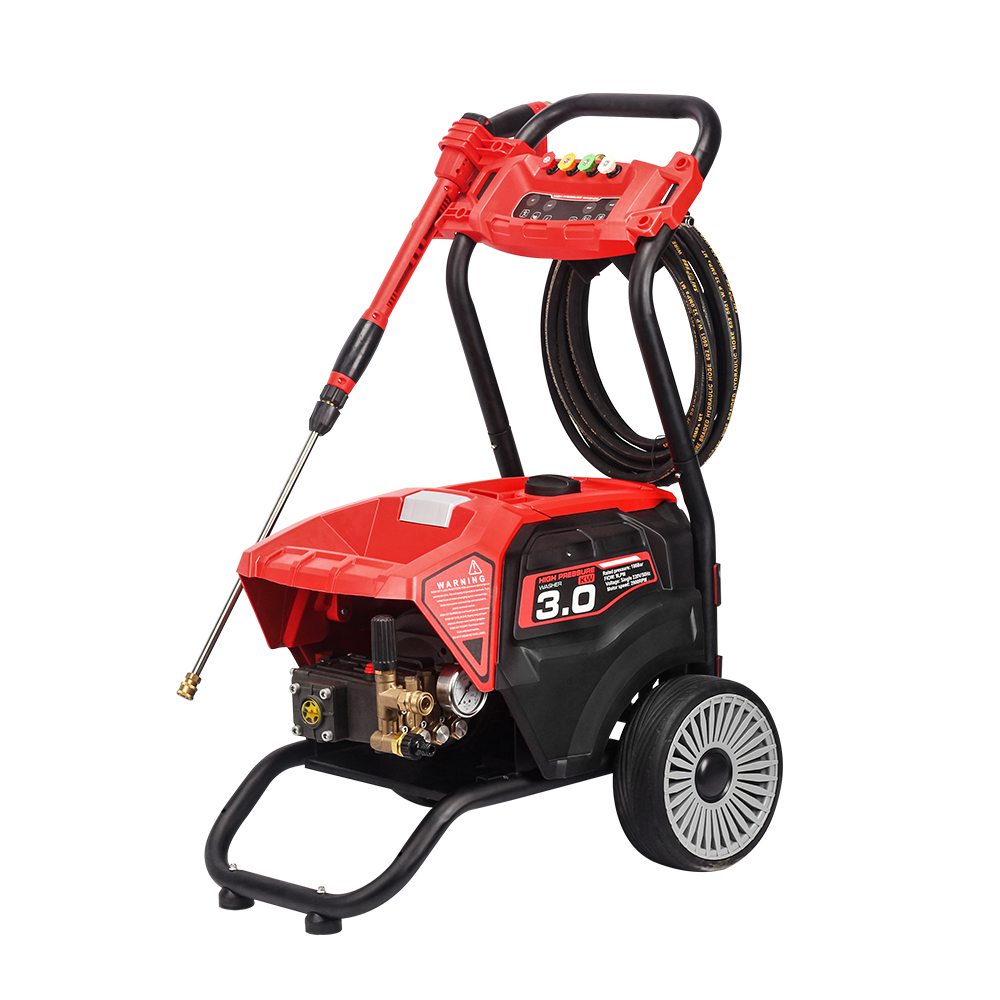1. Regularly check and adjust the tightness of the fan tape. If the tape is too tight, the load on the fan bearing will be too large, and the tape will be easily worn out; if it is too loose, the tape will slip, reducing the air volume of the fan, causing the diesel engine to overheat, and the tape will be easily damaged. For the correct degree of tightness of the tape, there should be no slippage when the diesel engine is started and turned off. Use the thumb to press the limb belt with a force of 20~50N, and the drop distance is preferably 10~15mm.
2. Inject lubricating oil into the fan bearing and tensioner (many air-cooled diesel engines are equipped with a tensioner to adjust the tightness of the fan tape) bearings on time to ensure that the bearings are well lubricated, flexible in rotation, and free of stagnation.
3. Prevent the diesel engine from overheating due to excessive idle time, insufficient fan speed, reduced air volume, and poor cooling effect.
4. The air guide cover must not be deformed, and it must be well sealed. Before starting, check whether the hook of the air guide cover is fastened. During operation, the wind cover must be covered, otherwise the direction and flow of the air will be changed, causing hot air to flow back and reducing the cooling effect.
5. It should be ensured that the windshield is not missing, damaged or lost to ensure the cooling effect.
6. Troubleshoot oil leakage in time. The leaked oil will be blown to the cooling fins by the fan, adhering to dust, hindering the ventilation between the cooling fins and weakening the heat dissipation capability. This can also cause the tape to slip, causing insufficient fan speed, early corrosion damage or breakage of the tape.
7. The long-term accumulation of oil on the surface of fan blades, cylinder liner heat sinks, cylinder head heat sinks, and oil radiators will seriously deteriorate the heat dissipation effect. They should be washed with diesel oil in time or blown out with compressed air from the opposite direction of cooling air flow. Dust and debris.
8. Always check and maintain the fan tape break indicator on time, so that the tape failure can be found in time to prevent overheating.
9. Check the fuel supply advance angle frequently (if the fuel supply advance angle is too small, the temperature of the diesel engine will rise too fast and cause overheating). When it is found that it does not meet the requirements, it should be adjusted in time.
10. After the diesel engine has been working for a period of time, check the fuel injection quality of the fuel injector on the test bench, adjust the fuel injection pressure, ensure that the fuel injector works well, and prevent the diesel engine from overheating due to poor fuel injector work.

 英语
英语 中文简体
中文简体 俄语
俄语